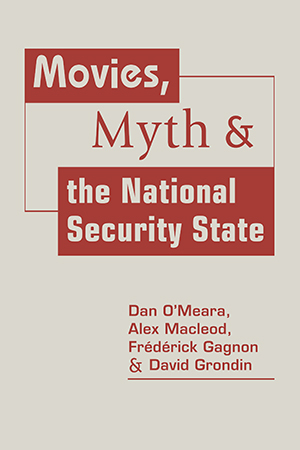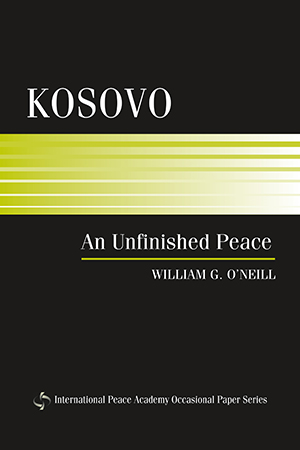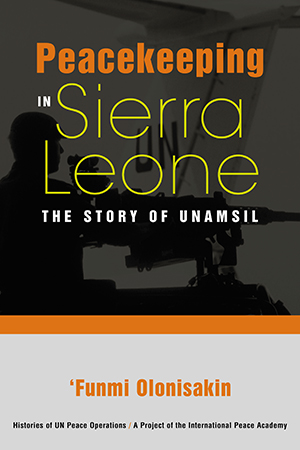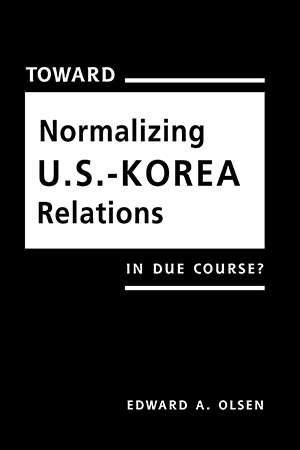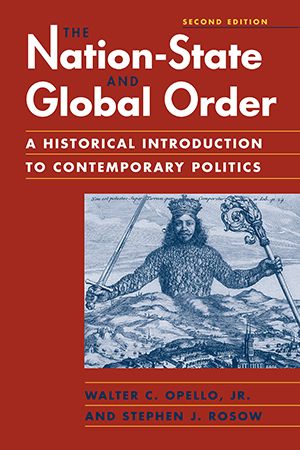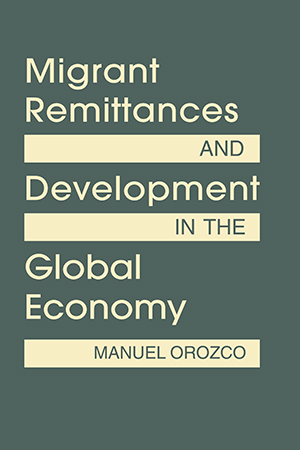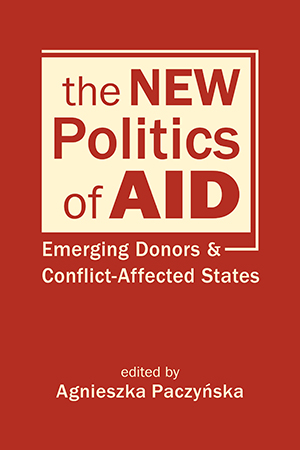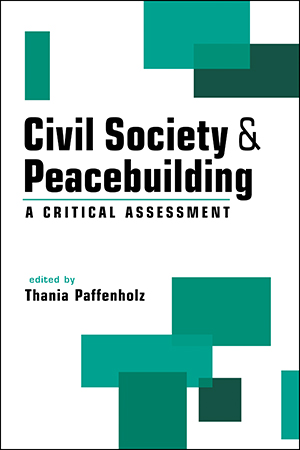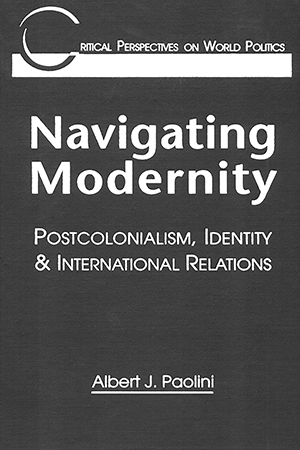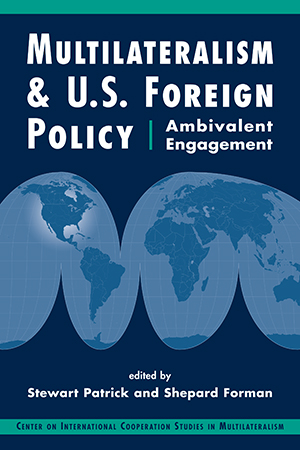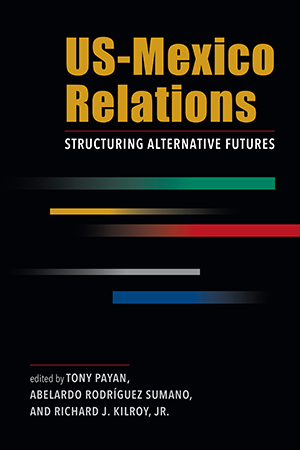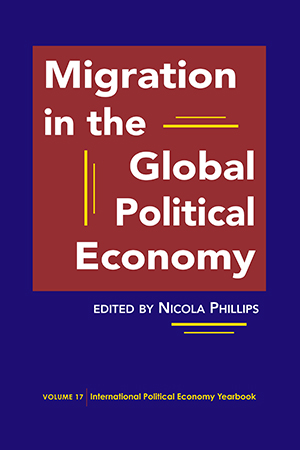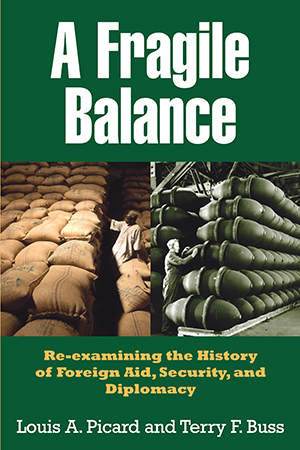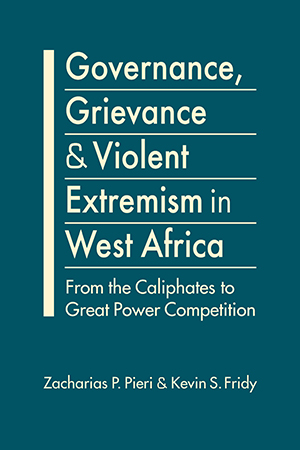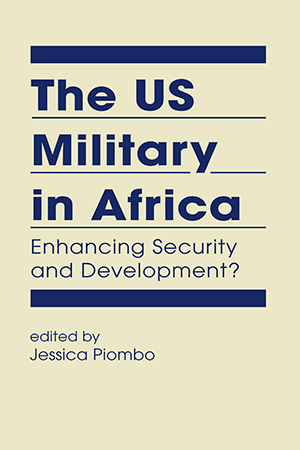International Relations (all books)
While analysts may agree that Hollywood movies have always both mirrored and helped to shape the tenor of their times, the question remains: Just how do they do it? And how do we identify More >
Despite the deployment of NATO forces in Kosovo and the UN's direct involvement in governing the province, such terrors as murder, disappearances, bombings, and arson have become routine More >
The first in a series of "inside" histories, Peacekeeping in Sierra Leone relates how a small country—one insignificant in the strategic considerations of the world More >
Considering the future of U.S.-Korea relations, Edward Olsen first provides a rich assessment of the political, economic, and strategic factors that have shaped—and flawed—U.S. More >
This engaging introduction to contemporary politics examines the historical construction of the modern territorial state. Opello and Rosow fuse accounts of governing practices, technological More >
Manuel Orozco moves beyond the numbers to provide a uniquely comprehensive, historically informed overview and analysis of the complex role of migrant remittances in the global More >
How do emerging donors conceptualize the relationship between security and development? How, and why, do the policies they pursue in conflict-affected states differ from the liberal More >
Responding to the burgeoning interest in the role of civil society in peace processes, this groundbreaking collaborative effort identifies the constructive functions of civil society in More >
Placing the debate squarely within the discipline of international relations, Albert Paolini assesses the key personal and political dimensions of postcolonialism—one of the major More >
When should the United States cooperate with others in confronting global problems? Why is the U.S. often ambivalent about multilateral cooperation? What are the costs of acting alone? These More >
Few would disagree that the nature of current relations between Mexico and the United States embodies both promising opportunities and reasons for alarm. The contributors to this timely book More >
How does the evolution of global capitalism shape patterns and processes of migration? How does migration in turn shape and intersect with the forces at work in the global economy? How More >
Louis Picard and Terry Buss trace the history of US foreign aid from the earliest assumptions of manifest destiny to the present, placing their discussion within the context of broader More >
What happens when external forces are brought to bear on domestic grievances and governance institutions? In environments profoundly affected by both violent extremist organizations and More >
Recent US security policy toward Africa has adopted a multidimensional approach—including the use of military assets to promote economic development and good governance—that has More >



